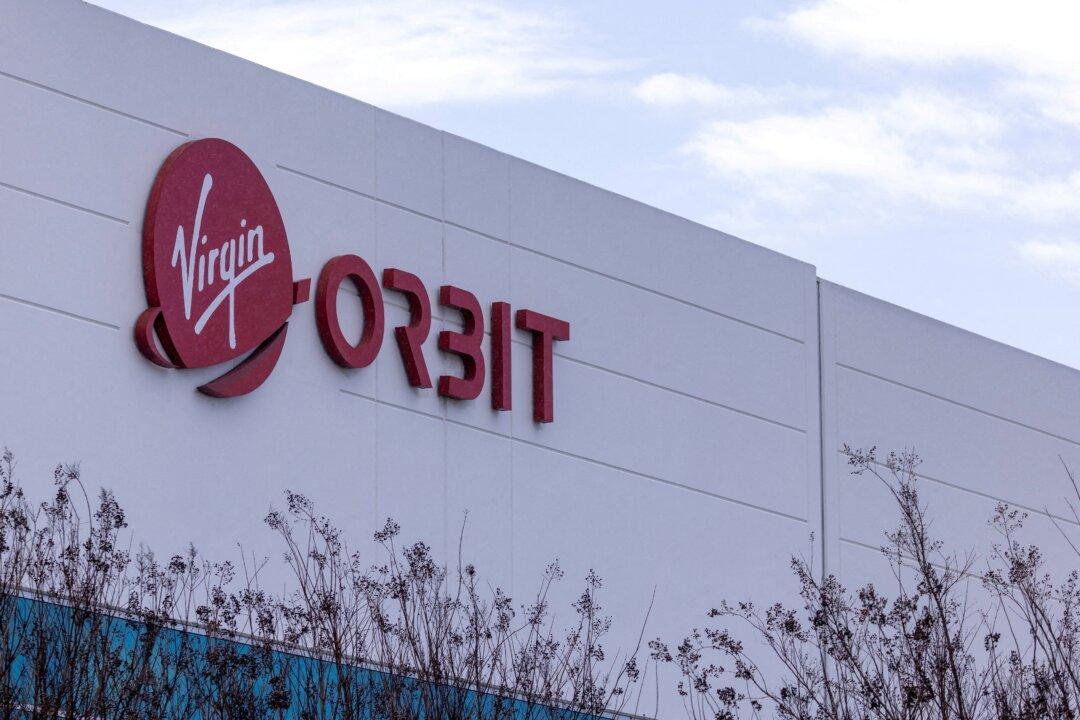As the fortunes of Richard Branson’s Virgin Orbit were crashing to Earth last month, a little-known investor called Matthew Brown appeared offering a $200 million rescue.
Within two days of being contacted by Brown, Virgin Orbit Chief Executive Dan Hart had secured board backing for a preliminary agreement with the 33-year-old Texas-based investor, according to related documents and email exchanges reviewed by Reuters and three people with knowledge of the discussions.





